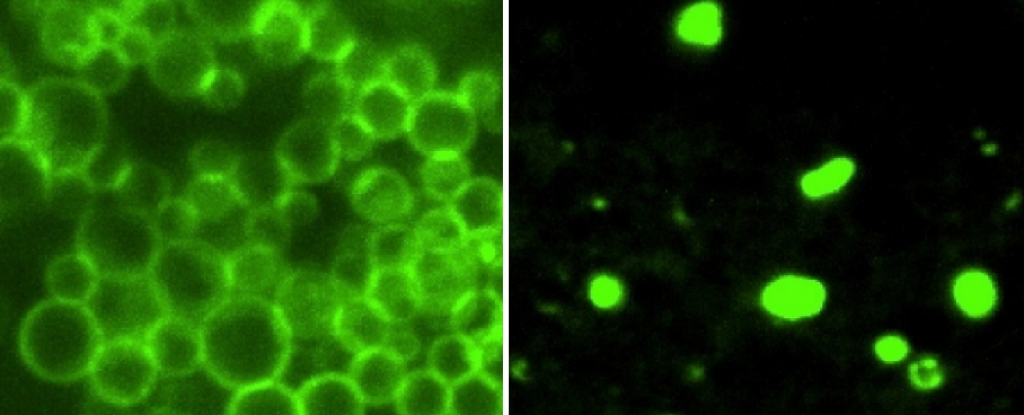The Mediterranean diet has long been associated with numerous health benefits, including lower rates of heart disease, cancer, diabetes, and dementia. However, despite the strong evidence supporting these benefits, it remains unclear how this particular mix of foods can lead to a longer lifespan. Researchers from Stanford University in the US have recently discovered cellular effects of the Mediterranean diet for the first time. The study focuses on one of the diet’s healthy fats, oleic acid, and its influence on lifespan in nematodes, also known as roundworms. The study’s authors believe that this discovery could offer new insights into the health effects of various fats and the role of diet in longevity.
The Study’s Findings
The study shows that oleic acid, the main monounsaturated fatty acid (MUFA) in olive oil and some nuts, has two key benefits. Firstly, it protects cell membranes from damage caused by lipid oxidation. Secondly, it raises the quantity of two important cellular components called organelles. These effects make a significant difference, as roundworms fed oleic acid live about 35 percent longer than worms on a more traditional diet. The number of lipid droplets, a fat reservoir, in individual worms can predict how many days the worm is likely to survive. Worms with greater numbers of lipid droplets live longer than those with fewer droplets.
The roundworms were fed bacteria supplemented with either oleic acid or elaidic acid, a monounsaturated trans fatty acid found in margarine and fried foods. Although the two acids have similar molecular structures, they have very different health effects. Trans fats like elaidic acid are considered unhealthy or “bad” fats, since they increase the risk of heart disease, dementia, and other health problems. Exposure to elaidic acid didn’t increase the number of lipid droplets or the number of days the worms lived.
The researchers note that lipid droplets are essential for cellular metabolism, helping regulate the usage of fat supplies as cells’ energy. When researchers blocked a gene for proteins that help roundworm cells make lipid droplets, the life-extending effect disappeared. In addition to an increase in lipid droplets, roundworms’ intestinal cells also had more organelles called peroxisomes, which contain enzymes involved in oxidation and metabolism.
Lipid droplets and peroxisomes were more abundant in cells of younger animals. The number of these organelles also varies among individuals and worms who naturally have more in their cells tend to live longer, showing an effect similar to worms fed oleic acid. Oleic acid protected cells by limiting lipid oxidation, a chemical reaction that damages cell membranes. Elaidic acid had the opposite effect, increasing oxidation at the expense of cellular integrity.
Implications and Conclusion
This study provides valuable insights into the links between diet and longevity. Researchers believe that the discovery of how specific components of the Mediterranean diet can extend lifespan could potentially improve dietary guidelines and inspire ways to combat the effects of aging by mimicking oleic acid’s defense against oxidation. However, the researchers note that this is an intriguing discovery that warrants more research, including studies of whether and how these findings apply to humans. They are interested in exploring if there is a fat-based strategy to improve human health and longevity.
The cellular effects of the Mediterranean diet have been studied for the first time, focusing on the influence of oleic acid on lifespan in nematodes. The study shows that oleic acid has two key benefits: protecting cell membranes from damage caused by lipid oxidation, and raising the quantity of cellular components called organelles. These effects have led to roundworms fed oleic acid living about 35 percent longer than worms on a traditional diet. The study offers new insights into the health effects of various fats and the role of diet in longevity, and researchers believe that these findings could potentially improve dietary guidelines.



Leave a Reply